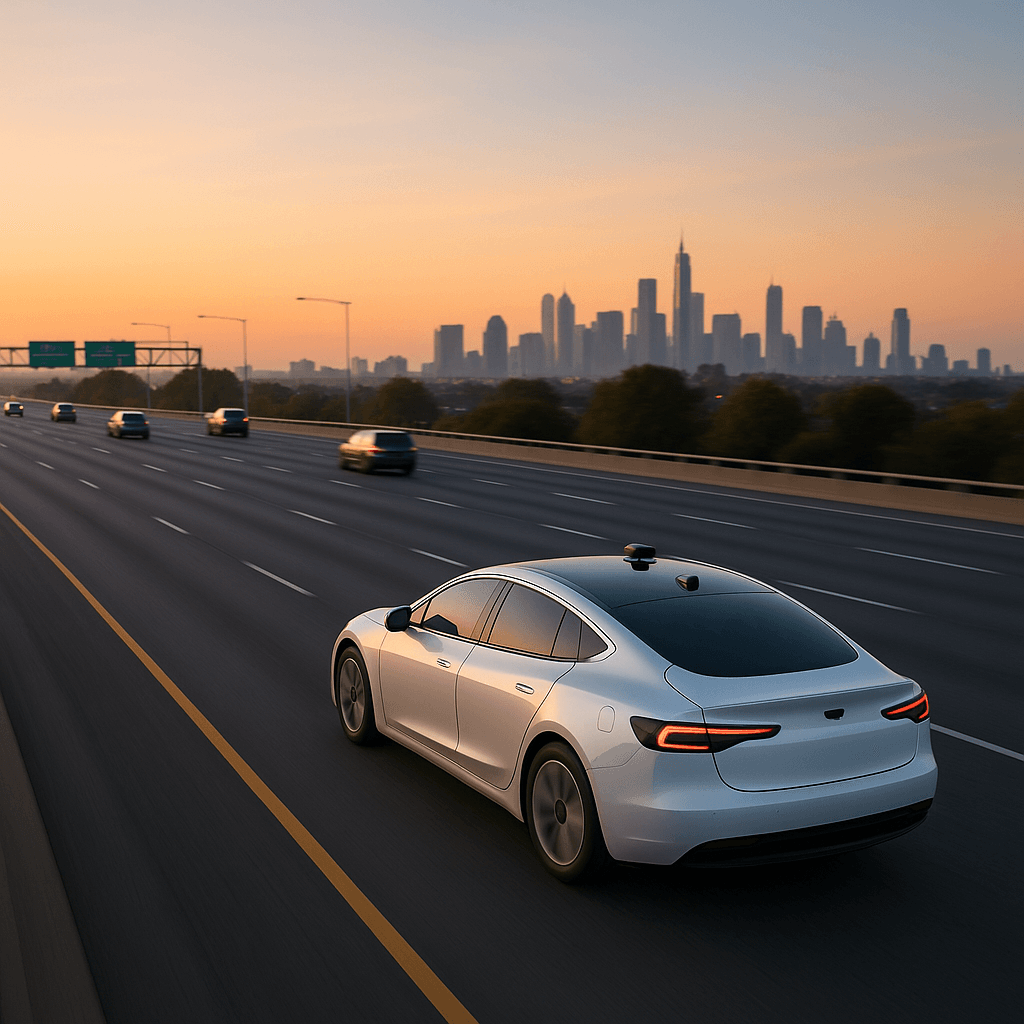Waymo just crossed a crucial line in the robotaxi race. The Google-owned company started offering paying customers freeway rides across San Francisco, Los Angeles, and Phoenix - marking the first time any company has commercially operated fully autonomous vehicles at highway speeds. After a year of internal testing with Alphabet employees, this expansion signals autonomous driving is finally ready for the fast lane.
Waymo just shifted autonomous driving into high gear. The Alphabet-owned company announced Wednesday it's now offering paying customers freeway rides across three major markets - a milestone no other robotaxi operator has achieved commercially.
The rollout spans San Francisco, Los Angeles, and Phoenix, where Waymo's fleet will take passengers on freeways "when a freeway route is meaningfully faster," according to the company's announcement. The vehicles will generally stick to posted speed limits of 65 mph, though they may occasionally exceed limits "for safety purposes in extraordinary circumstances."
"Freeway driving is one of those things that's very easy to learn, but very hard to master when we're talking about full autonomy without a human driver as a backup, and at scale," Waymo co-CEO Dmitri Dolgov told press ahead of the announcement. "It took time to do it properly."
That preparation shows. Waymo has been testing freeway operations for over a decade, including a year-long employee-only program where select Alphabet workers rode the freeways around all three launch cities. The company also runs extensive simulations covering everything from highway merging to lane-splitting motorcyclists and vehicle rollovers.
The technical challenge isn't just speed - it's scale and safety coordination. Waymo had to establish new protocols with the California Highway Patrol and Arizona Department of Public Safety, plus install additional charging infrastructure for its electric fleet. CNBC reporters who tested the system on California 101 reported seamless on and off-ramp navigation with no incidents.
The timing couldn't be more strategic. While Tesla markets a "Robotaxi" app for San Jose airport rides, it still requires human drivers due to technical limitations and California permit requirements. Waymo's move to true autonomous freeway operations puts clear distance between it and competitors still working on surface street deployment.












